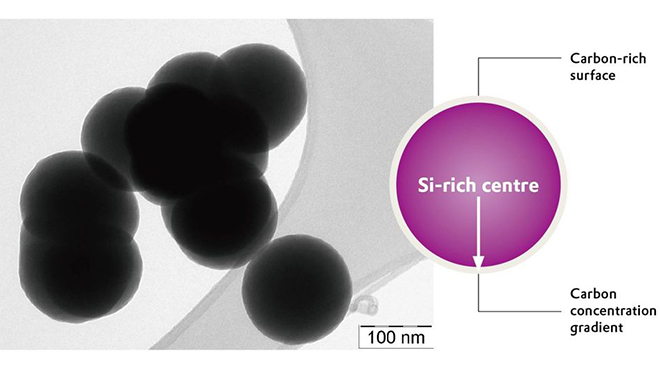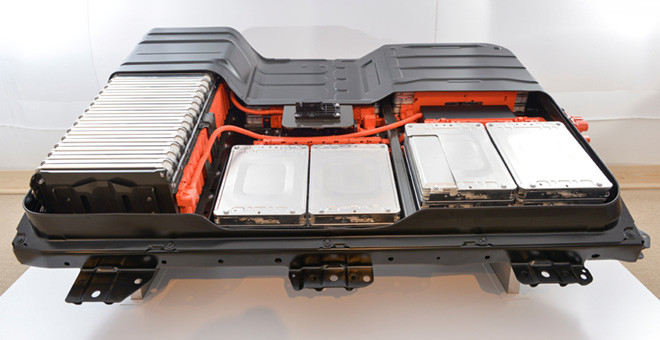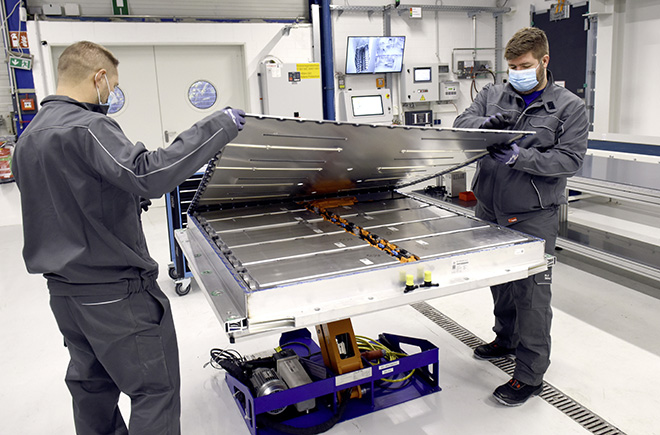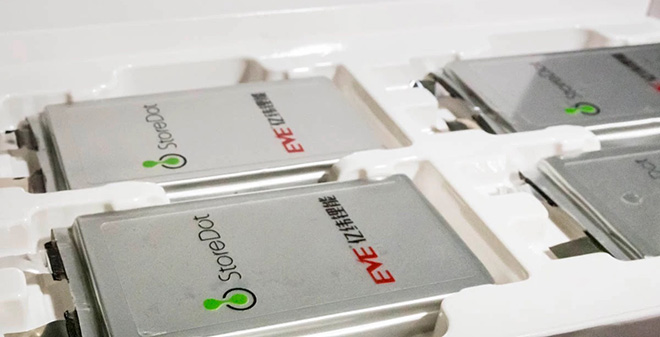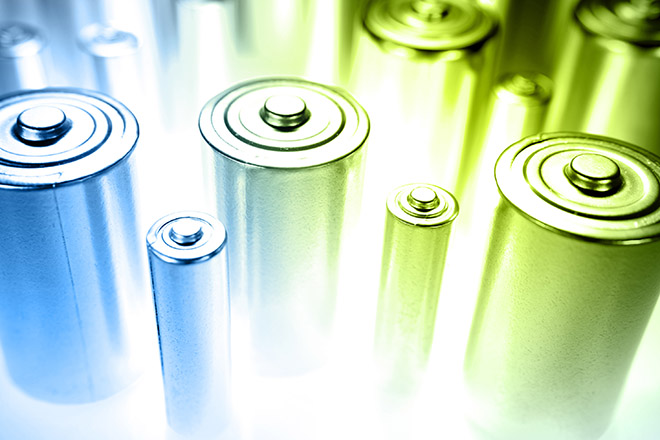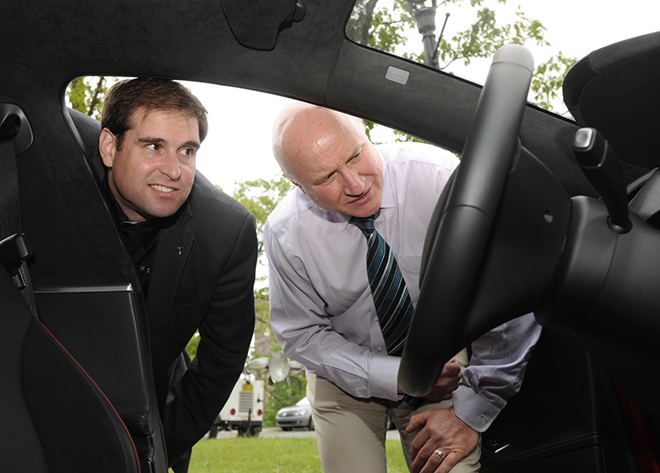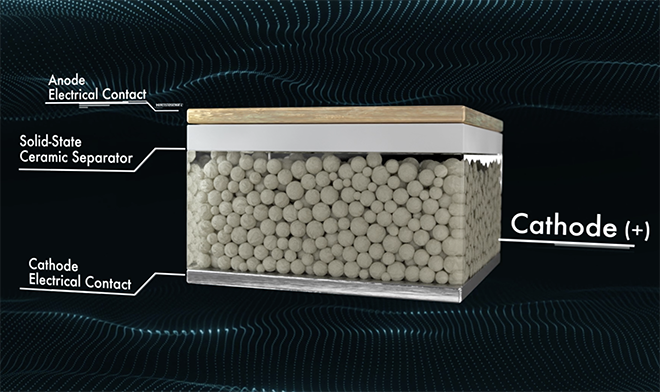Evonik has introduced the silicon-carbon composite material Siridion Black as a new anode material for lithium-ion batteries, claiming that it increases energy density, and improves fast-charging capability and energy efficiency. “Until now, graphite has been used as an anode material in lithium-ion batteries, but batteries with a higher capacity need new materials that also allow… Read more »
Search Results Found For: "graphite"
Porsche announces a new fast charging network, battery innovations
Infrastructure remains a potent factor in EV adoption—the first questions asked by the EV-curious almost always have to do with the availability of charging. Tesla understood this from the beginning, and its Supercharger network has proven to be one of the company’s biggest competitive advantages. Now Porsche has taken a page from the Book of… Read more »
JB Straubel’s Redwood Materials inks recycling deal with Nissan’s battery supplier
Redwood Materials, the battery recycling venture founded by former Tesla CTO JB Straubel, has signed an agreement to recycle scrap and defective battery cells for Envision AESC, which manufactures batteries for the Nissan LEAF in Smyrna, Tennessee. Recycling batteries is not only environmentally sound, but it may soon become an economic necessity, as demand for… Read more »
VW begins battery recycling pilot
Volkswagen has opened its first EV battery recycling facility to recover raw materials such as lithium, nickel, manganese and cobalt in a closed loop, together with aluminum, copper and plastics, achieving a recycling rate of more than 90% over the long term. The unique feature of the plant in Salzgitter, Germany is that it only… Read more »
StoreDot releases samples of its “five-minute” EV battery
In 2015, Israeli battery developer StoreDot announced plans to enter the EV market with battery cells that it said could enable a 300-mile battery pack to be charged in 5 minutes. Now the company has launched engineering samples of its first-generation batteries that are designed to be manufactured at scale on traditional Li-lion production lines…. Read more »
Silicon anode nanostructure could increase battery capacity and lifespan
Image caption: In the first stage, the silicon film exists as a rigid but wobbly columnar structure. In the second stage, the columns touch at the top, forming a vaulted structure, which is strong due to arch action. In the third stage, further deposition of silicon atoms results in a sponge-like structure. The red dashed… Read more »
Sila Nanotechnologies raises $590 million in funding
Sila Nanotechnologies, a maker of battery materials, announced that it raised $590 million in Series F funding at a $3.3 billion post-money valuation. The new funding comes as the first Sila Nano-powered batteries prepare to ship in consumer devices and the company scales up production. Sila Nano will use the funds to develop a new… Read more »
Tesla’s Advanced Battery Research group gets new leadership, Jeff Dahn to become advisor for Novonix
Professor Jeff Dahn is a star researcher in the battery field—he has co-authored 730 papers and holds some 73 patents. Professor Dahn and his research group at Dalhousie University in Halifax, Nova Scotia have had an exclusive research partnership with Tesla since 2016. Now Professor Dahn is stepping down from his leadership role at Tesla’s… Read more »
Group14 secures funding to scale Li-ion battery production
Group14 Technologies, a global provider of silicon-carbon composite materials for lithium-ion markets, has secured $17 million in a Series B funding round led by SK materials, a manufacturer of special gases and industrial gases. Group14 will leverage this operating capital to scale production to meet the increasing demand for its flagship product, SCC55, which it… Read more »
With backing from VW and JB Straubel, QuantumScape stands out from the crowd of new EV stocks
Electromobility companies are going public at a pace that recalls the dot-com frenzy of the 1990s. Yes, history will probably repeat itself to a certain extent—some of these firms will go belly-up, but others will eventually grow into successful and influential players. One that seems particularly promising is QuantumScape, a California developer of solid-state lithium-metal… Read more »







